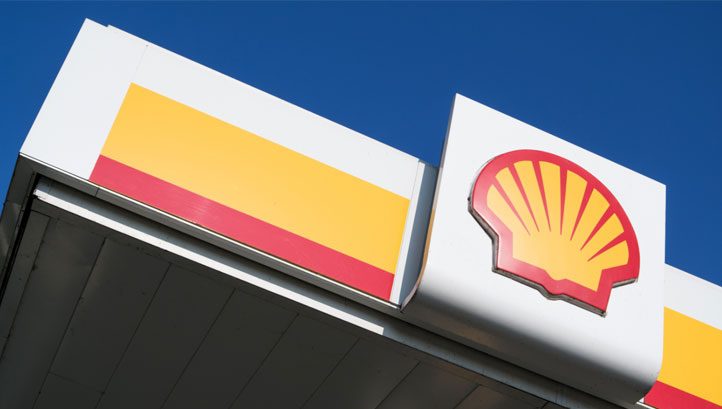By Sarah George
Copyright edie

The Advertising Standards Authority (ASA) has chosen not to uphold a complaint made against the advertising campaign on the grounds that it misleads viewers about ShellŌĆÖs overarching environmental impacts.
Published on LinkedIn, the advertising campaign featured a video containing images of solar panels and of sunshine over landscapes in Italy. It was targeted at a business-to-business audience and used ShellŌĆÖs partnership with American multinational industrial company Baker Hughes as a case study.
Baker Hughes signed an eight-year Power Purchase Agreement (PPA) package with Shell EnergyŌĆÖs business-to-business arm in 2023. Under the PPA, it will procure electricity from a new solar farm in southern Italy for use across seven Italian locations.
The ad campaign stated: ŌĆ£What connects the Italian sun with bright engineering ideas? Our work with Baker Hughes to help meet their energy needs and decarbonise operations. Progress togetherŌĆØ.
It also included a website link and a caption stating: ŌĆ£Discover the progress weŌĆÖre making together with Baker Hughes to help reduce their emissions and decarbonise their operations in Italy. Progress happens togetherŌĆØ.
The bigger picture
Complainants argued that the advert gave a misleading impression of the overall environmental impact of ShellŌĆÖs business activities. Looking at the emissions of large, investor-owned companies between 1988 and 2017, ShellŌĆÖs were the ninth-highest in the world.
The ASA has previously ordered Shell to remove advertising campaigns on greenwashing grounds. However, in this case, it opted not to.
The ASA considered that Shell Energy was attempting to convey, to a B2B audience, that it provides B2B renewable energy and decarbonisation services. It did so by highlighting work with one specific client. The website linked could only be accessed in detail by business decision-makers.
Readers were, therefore, ŌĆ£unlikely to interpret the message as representative of ShellŌĆÖs wider consumer-facing brand activity or as a comment on its own low-carbon transition plans,ŌĆØ the ASA ruled.
Shell has weakened its energy transition and decarbonisation ambitions since Wael Sawan took over from Ben van Beurden as CEO in early 2023.
The Anglo-Dutch company has scrapped a target to decrease fossil fuel production by 55% through to 2030, partly in light of the increased profitability of oil and gas amid the energy price crisis.
It has also scaled back its renewable energy pipeline by around 10%. Sawan spoke of a wish to take a ŌĆ£much more selective approachŌĆØ to renewables investment to cut costs.



